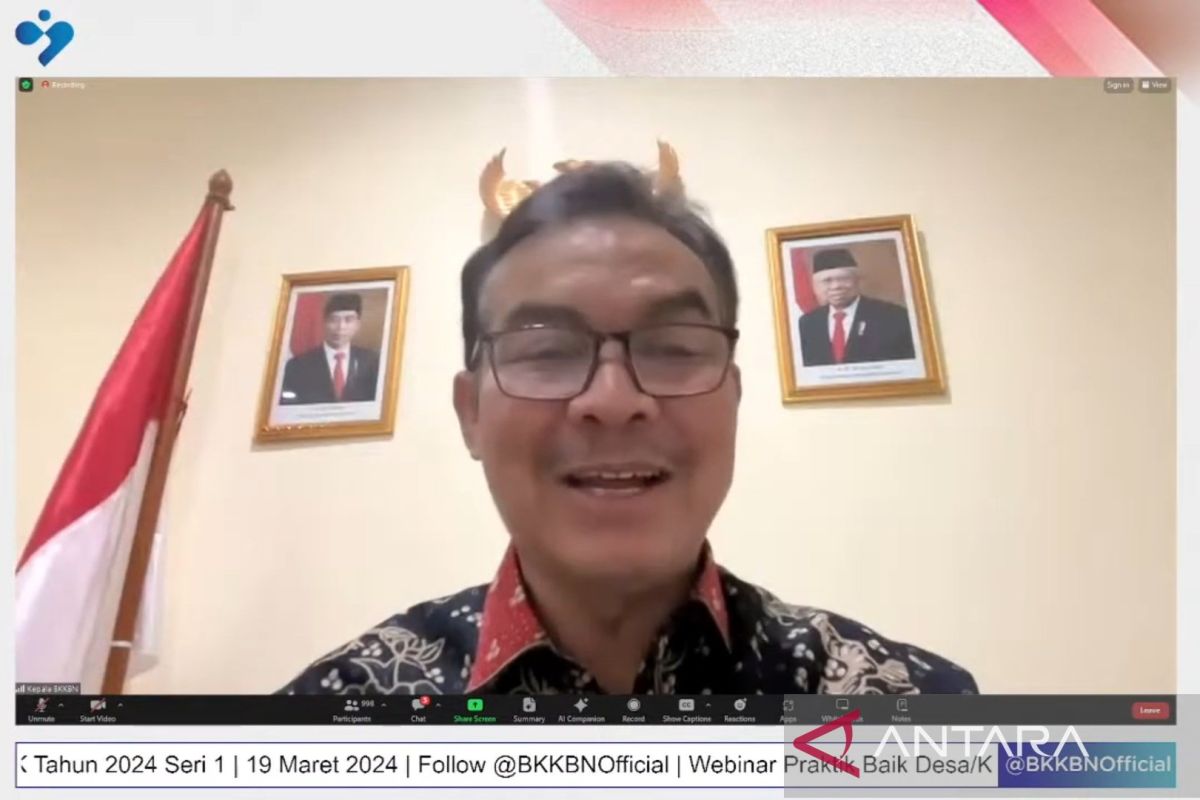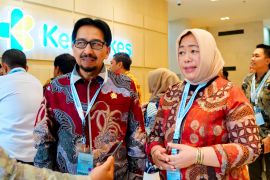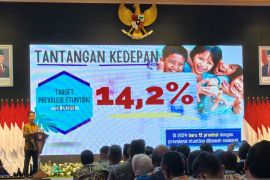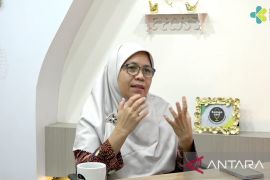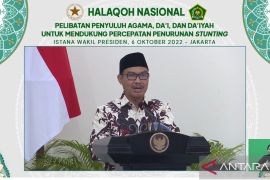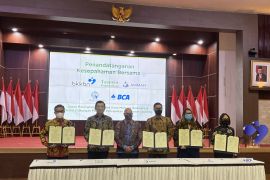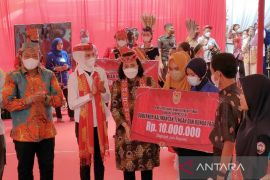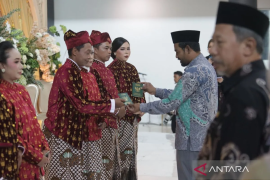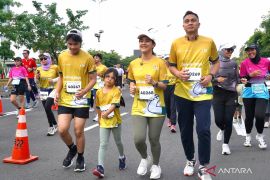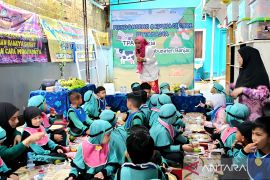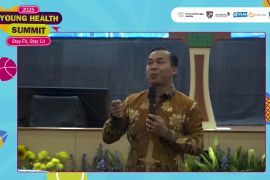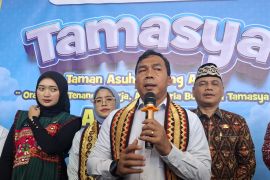"The truth is that the environment is an essential aspect in the acceleration of stunting alleviation. Plenty of Indonesians are still living in slum areas, with inappropriate latrines and uninhabitable houses," BKKBN Head Hasto Wardoyo remarked in a webinar observed in Jakarta on Tuesday.
On that note, he emphasized the need for regional and rural governments to devise and implement movements and programs that place focus on sensitive factors related to stunting prevalence, including the environment.
Wardoyo then lauded villages that have been urging their residents to avoid open defecation.
"Currently, 57 percent of Indonesian villages have begun to pay attention to the need to prevent open defecation, even though the target of 90 percent (this year) has yet to be achieved. However, this indicates that open defecation prevention movements have gained popularity," he stated.
In 2023, he highlighted that more villages had begun implementing slum-free sanitation programs and raising awareness of the importance of reducing and preventing stunting.
He also commended villages for implementing the Toddler Family Guidance (BKB) Program pioneered by the BKKBN.
"Villages have been playing quite a good role in the implementation of the BKB Program. We need to continue to promote this program and invite people to come to posyandu (integrated health service post) by involving village heads and relevant parties," he stated.
The BKKBN head then affirmed that implementation of the BKB Program should also take into account the quality of the living environment rather than solely focusing on children's growth.
"I hope that the BKB Program will not merely pay attention to toddlers but also to the environment since it affects the growth of the children," he highlighted.
Related news: Stunting intervention must target first 1,000 days of life: BKKBN
Related news: Stunting handling food assistance empowers farmers: Bapanas
Related news: Family planning vital to prevent stunting, BKKBN says
Translator: Lintang B, Tegar Nurfitra
Editor: Azis Kurmala
Copyright © ANTARA 2024
